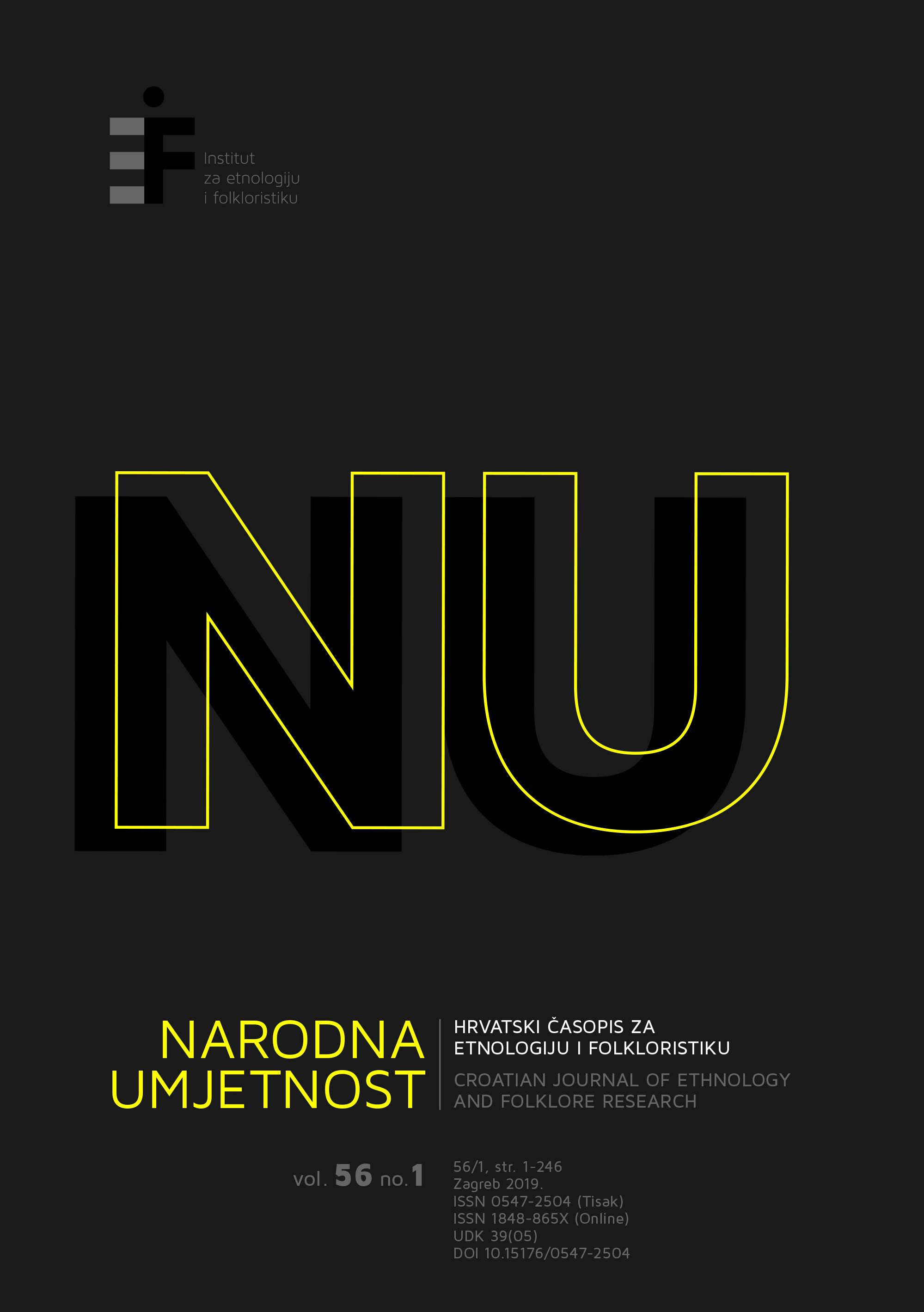The Croatian Thousand-year Dream: Narrative as the Society Effect
Sažetak
This article explores the phenomenon of nation as narrative. This approach is rooted in political theory, more specifically, in post-foundational thought and poststructuralist narratology. The article is significantly informed by the so-called performative turn, especially in historiography. It will therefore focus on narrative and hi/story, as it is understood by Rancière: as a discourse which originally belongs to literature yet keeps escaping it. Relying on a literary technique, history constitutes itself as a science: this is why we can approach it by employing methods similar, albeit not identical, to those used to approach literature. The main argument put forward in this article is that society, understood in Laclauian terms, does not exist, whereas the (Croatian) society effect, that is, the illusion of society as a totality, is produced by the narrative of the so-called Croatian thousand-year dream. In other words, what Hobsbawm dubs the invention of tradition is founded upon the narrative’s past, while the impact of the present of this narrative’s narration is excluded from the mechanisms of the ontology of nationalism.
“Croatian thousand-year dream”, narration, perfomative turn, deconstructionist historiography, teleogenic plot

